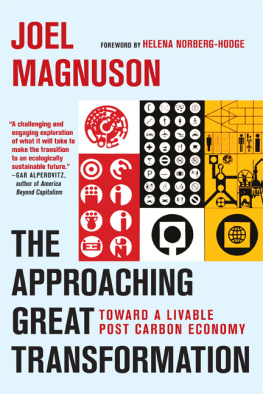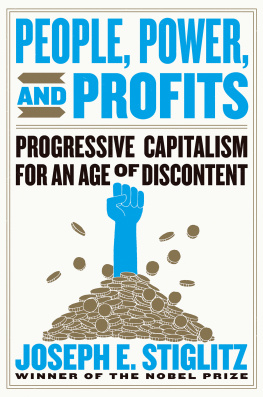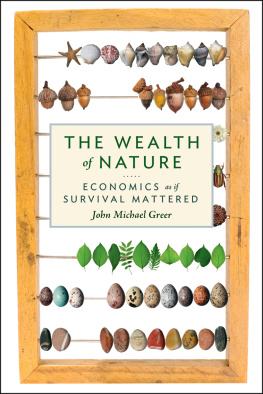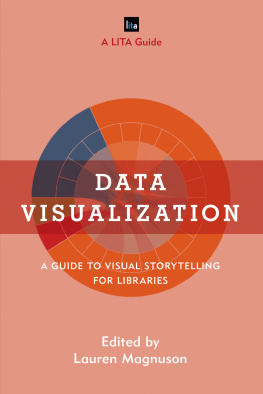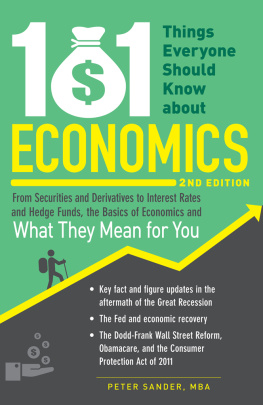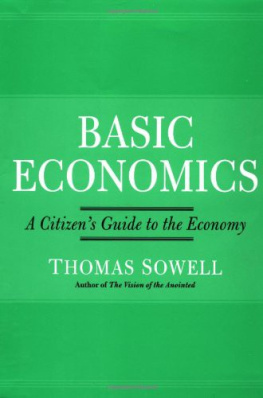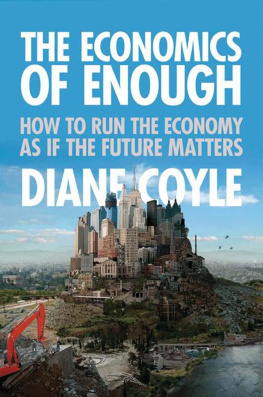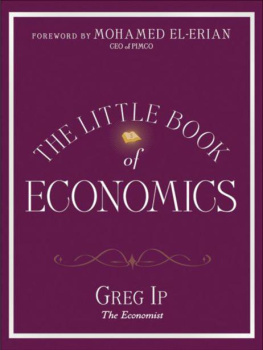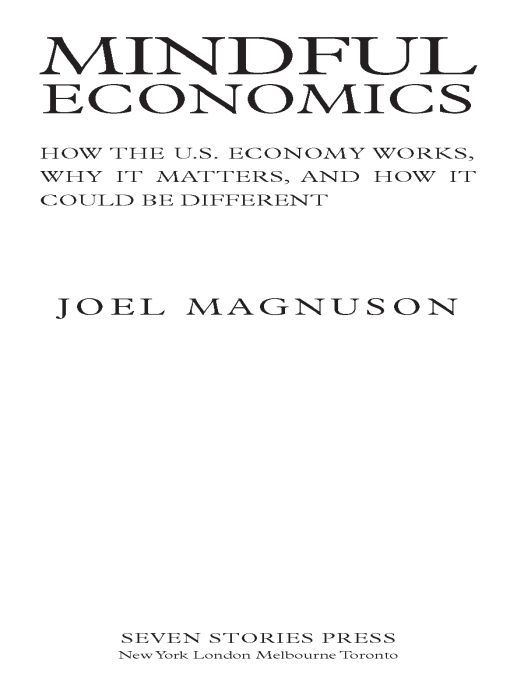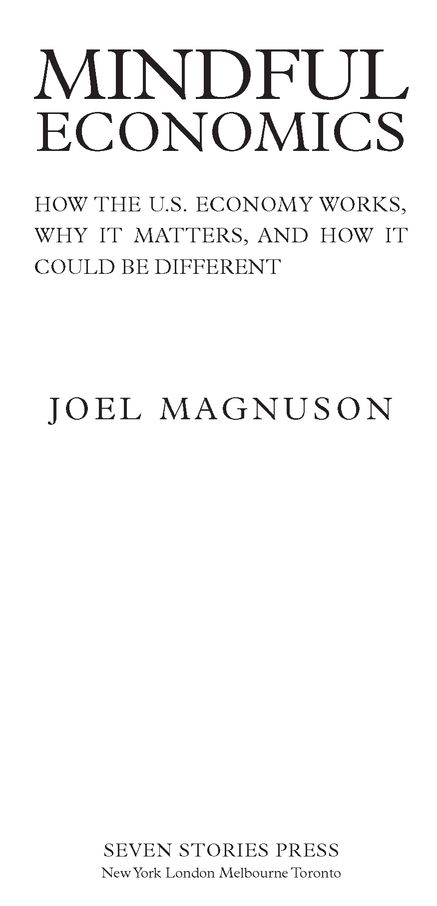Table of Contents
I would like to thank the following people for their encouragement, editing and technical support, and for their wisdom, love, and friendship: Rebecca Casanova, Karen Deora, Samm Erickson, Christopher Flanagan, Herb French, Paul Halloran, Spencer Hinkle, Nikki Hurtado, Jim Johnstone, Melike Kayim, Chris Knight, Lynn McBeth, Steve Myers, Solomon Namala, Jordy Oakland, Anita Ramachandran, Amy Soucy, F. Robert Stuckey, Sydney Taylor, Kate Tosswill, Maya Trysil, Drake Wanless and a special thanks to Lisa Mann. I would also like to thank Amy Scholder, Dan Simon and the other people at Seven Stories Press for making this book come to life.
Joel Magnuson
Preface
A TIME OF DANGER AND OPPORTUNITY
The Eastern parable, Indras Net, tells the story of a celestial net that extends infinitely in all directions. At each intersection, where the strands of the net cross, resides a sparkling jewel. Upon close inspection, however, the sparkle in each jewel is merely the light reflection of all the other jewels in the net. There is no single, ultimate source of light.
Like Indras Net, economies are systems of interconnectedness. Each aspect is connected to all other aspects, and each problem is merely the reflection of all other problems. As economic and environmental problems in the U.S. become more severe, we cant blame one culprit or single cause. Rather, to grasp the situation and gain true understanding requires a holistic view and a clear knowledge of what the U.S. capitalist system really is.
Capitalism has now become a vast, Orwellian structure of power that spans the globe. For over a decade the World Trade Organization (WTO) has been at the center of this structure. It is telling that Pascal Lamy, the director general of the WTO, is admitting that capitalism cannot satisfy us. The capitalist system is deeply troubled, and as it has a global profile, it transcends nations abilities to deal effectively with the things that make it troubling. Many have expressed concern that this is rendering democratic sovereignty obsolete and communities helpless. But in fact, it is raising the importance of the sovereignty of local communities like never before. It is at the local level where people have the most democratic power and control that we see the seeds of lasting institutional and systemic change.
In November, 1999, the business and political ministry of the WTO convened in Seattle, Washington for its annual meeting. The goal of the meeting was to forge trade and investment policies that would assure the worldwide growth and expansion of capitalist institutions. Much to their surprise, the ministers were met with tens of thousands of anti-WTO protestors who were raising concerns that their trade policies undermine democracy and national sovereignty, provide little or no protection against exploitation and environmental destruction, and are unfair to developing countries. The confrontation between the protestors and the WTO ministry received significant media attention, which fostered public debate on trade issues and economics in general. Mountains of articles and books were written on the subject and globalization became a household word. The Seattle protests seemed to revitalize a sense of populism and grassroots empowerment. A sense of change was in the air. But as we close in on a decade later, very little substantive change has occurred. The U.S. and the global economy continue to follow the rules of capitalism as always.
If crisis is a catalyst for change, there has been no shortage of economic crises since the Seattle protests. Like a series of falling dominoes the size of bank towers, one large-scale crisis has slammed into another in a thunderous chain reaction. To begin with, the stock market crash that occurred between 2000 and 2002 wiped out about $7 trillion in financial wealth, constituting the worst financial crisis in history and many times greater than the Crash of 1929. This crisis was amplified by fraud-induced failures of corporate giants such as Enron, WorldCom, Adelphia, and Global Crossing, which themselves register as the largest bankruptcies in history. Within a few years, however, the stock markets rebounded with alacrity and the major indexes broke new records. The return of rising stock prices on Wall Street was in part due to record high oil prices and huge amounts of oil industry profits pouring into the U.S. financial system.
At the time of the Seattle protests, oil was trading in commodities markets at less than $20 per barrel; as of this writing the price is well over $100. Part of the reason for these high oil prices is that global oil production has finally reached its peak. This means that from this point on, oil will become an ever-more scarce, and ever-more expensive, commodity. Along with record oil prices come record profits for those who own this valuable resource. ExxonMobil Corporation is the largest oil company in the world, and as it boasts of $40 billion in profits in one year it is the most profitable company in Americas history. Exxons and other oil companies profits are being pumped into the U.S. financial system with feverish intensity. As oil is largely bought and sold in global markets with U.S. dollars, these dollars naturally will find their way back to the U.S. This year alone, oil consumers have turned over $2 trillion into the bank accounts of oil companies and oil-producing nations. Like gold, oil has become one of the single most lucrative commodities in history. The U.S. financial system has become as dependent on oil money as the global economy is on oil. Knowing this, the U.S. government is waging and planning wars in order to gain control of lucrative oil fields, and more specifically, to gain control of the revenues generated from the sale of that oil. As oil money is pumped into the U.S., it serves to prop up stock values and gives banks huge deposits from which to make loans. In this way, oil money, combined with what former Fed Chairman Alan Greenspan referred to as a global savings glut, is patching up an otherwise vulnerable and debt-ridden economy. Yet, in spite of peak production and high prices, oil is being consumed more voraciously than ever before. Looming on the horizon is what promises to be the most severe oil shortage in history.
Change is indeed in the airclimate change. Exxon is also at the center of public discourse on global warming, the most severe environmental crisis in history. Exxon has been criticized for its attempts to fog the issue of global warming by financing bogus scientific research. Coming to the companys defense at a press conference held at an annual shareholders meeting, CEO Rex Tillerson asserted that, We will continue to support groups that have good scientists involved and are thoughtful in what they write... Having a good debate on this is what is sorely needed. Among the scientific community outside those funded by Exxon, however, there is no debatethere is a consensus. The consensus is that global warming is a real-time event and its primary cause is the release of greenhouse gases largely caused by burning fossil fuels such as oil. When Exxon was criticized for not doing more to reduce greenhouse gas emissions, Tillerson responded by saying that, Fundamentally though, weve got a business to run first, and were going to do the things that are in the best interest of our shareholders over the long term. Though disingenuous on the issue of global warming, Tillerson speaks the truth about his companys legal responsibility to its shareholders. This reality then shifts the spotlight away from Exxon and back to the U.S. financial system where stock indexes are watched continuously as barometers of economic conditions. Riding on these stocks are not only the interests of wealthy investors, but also the trillions of dollars worth of assets held in pension funds, mutual funds, and even the foundations of nonprofits and educational institutions. Criticisms of a publicly traded corporation like Exxon for doing anything other than maximizing profits resonate oddly, like expressing indignation at a leopard who refuses to change its spots.


